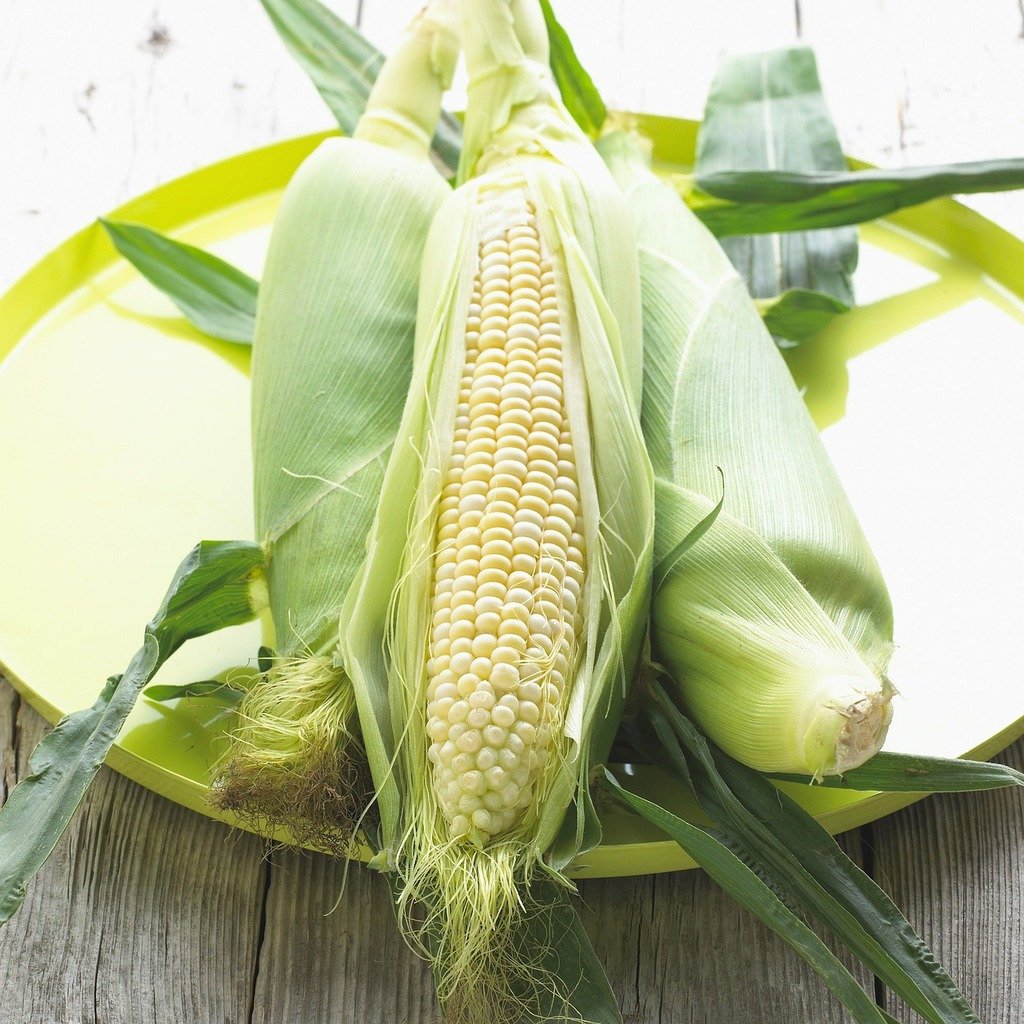Food technology is a multidisciplinary field that intersects with science, engineering, and culinary arts, aiming to improve food products and processes. As global food systems face challenges through population growth, climate change, and shifting consumer preferences, food technology becomes critical in addressing these issues. This article explores the evolution of food technology, its current state, and future innovations poised to transform how we produce, consume, and think about food.
History
The roots of food technology can be traced back to ancient preservation techniques such as drying, smoking, and fermentation. These early methods helped humanity withstand food scarcity and enhanced flavors. The Industrial Revolution brought significant improvements in food processing and preservation, leading to the mass production of canned goods, pasteurization, and refrigeration.
In the 20th century, advancements in food science propelled the field further, introducing concepts like food additives, flavor enhancers, and synthetic ingredients. The rise of biotechnological methods allowed scientists to manipulate food at the molecular level, increasing yield, improving food safety, and enhancing nutritional value.
Current Trends in Food Technology
1. Sustainable Practices
With a growing awareness of environmental issues, sustainable food production has gained prominence. Food technology plays a crucial role in developing sustainable practices that reduce waste, conserve resources, and promote biodiversity. Innovative techniques include vertical farming, aquaponics, and regenerative agriculture, which aim to create eco-friendly food systems.
2. Plant-based Alternatives
As more people adopt vegetarian and vegan diets, there’s a rising demand for plant-based alternatives to meat and dairy. Food technology has enabled the development of products that closely mimic animal-based foods, using ingredients like pea protein, jackfruit, and algae. Companies like Beyond Meat and Impossible Foods have revolutionized the market by creating plant-based burgers that replicate the taste and texture of beef.
3. Food Safety and Quality Control
The importance of food safety cannot be overstated, especially in an era of globalized food supply chains. Advanced technologies such as blockchain, artificial intelligence (AI), and IoT (Internet of Things) are being used to enhance traceability and ensure the integrity of food products. These technologies help in identifying contamination sources, monitoring storage conditions, and maintaining quality throughout the food supply chain.
4. Personalized Nutrition
Advancements in genomics and data analytics are paving the way for personalized nutrition, where dietary recommendations are tailored to individual genetic profiles, health conditions, and lifestyle choices. Food technology enables the development of functional foods—products fortified with additional nutrients or bioactive compounds designed to promote health and wellness based on individual needs.
5. 3D Food Printing
This innovative technology allows for the creation of intricate food designs and shapes, offering not only aesthetic appeal but also customization in nutrition. 3D printing has implications for the culinary world, space exploration, and even addressing food shortages by creating nutritious meal alternatives on demand.
The Future of Food Technology
The future of food technology will likely focus on the intersection of convenience, sustainability, and health. Innovations in lab-grown meat and dairy products will continue to gain momentum as consumers look for humane and environmentally friendly options.
Additionally, advancements in artificial intelligence will enable data-driven decision-making in agricultural practices, optimizing production while minimizing waste. The rise of smart kitchens equipped with appliances that can inventory, cook, and optimize meals based on nutritional requirements will change the way we think about cooking and home dining.
The eventual outcome
Food technology is an ever-evolving sphere that holds the promise of addressing some of the most pressing issues facing humanity today. As this field continues to innovate and adapt, we can anticipate a future filled with healthier, more sustainable, and more personalized food options. By harnessing the power of technology, we are not just looking at feeding the world but nourishing it in ways that resonate with our health, environment, and shared cultural heritage. The ongoing dialogue between tradition and innovation will be crucial as we navigate the complexities of food in the 21st century and beyond.
